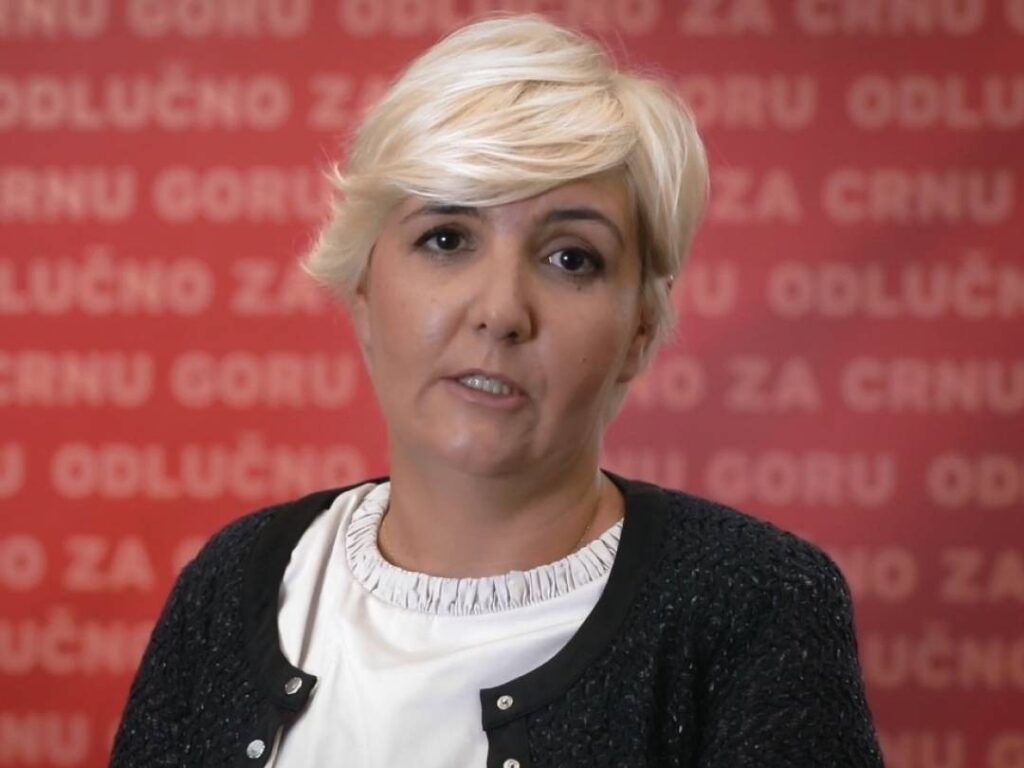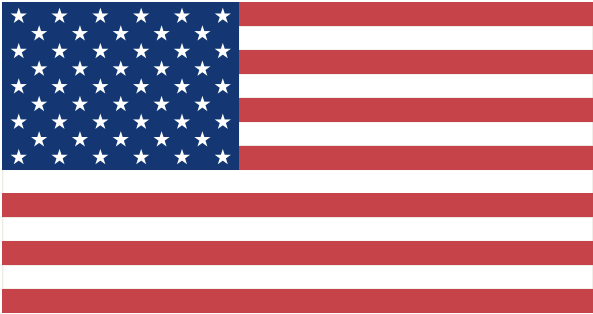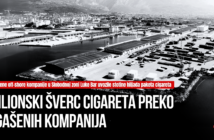One month before last year’s parliamentary elections, the Ministry of Economy distributed 5,100 food packages to the residents of Rožaje and Gusinje, and declared that information secret. The value of the packages that were distributed to the citizens on that occasion amounted to close to 280,000 euros including VAT, and the amount was paid from the budget reserve.
Under the pretext of the Coronavirus pandemic, the whole work was completed in just a few days. However, the Ministry of Economy found time to declare the documentation secret. The current Ministry of Economic Development only recently removed the secrecy label from the information submitted to the Government, which a journalist from “Vijesti” then obtained through the Law on Free Access to Information (FAI). However, even that information does not contain data on how the aid was distributed to vulnerable families in the run-up to the last parliamentary elections.
For two months now, the then Minister of Economy, Dragica Sekulić, has not answered the questions of “Vijesti” on why the municipalities of Rožaje and Gusinje were specifically selected, and who sent the request for the delivery of food packages. The document of the former Ministry of Economy, from which the secrecy label was removed, only states that “there was a need to provide aid”, but without specific information based on whose assessment or request.
On July 23 last year, Sekulić passed a decision on the appointment of a three-member commission, whose task was to prepare the tender, according to the documentation that the Network for Affirmation of NGO Sector (MANS) received under the Law on FAI. As early as the next day, the documentation for the purchase of 5,100 packages with an estimated value of 230,000 euros, excluding VAT, was prepared. The packages were supposed to contain flour, sugar, coffee, oil, nuts, dried fruit, dried yeast, rice, dried beef and beef sausages. The tender was conducted under an expedited procedure and without announcing a call for bids.
AID CLASSIFIED AS WELL
Of the major retail chains to which Sekulić’s department submitted the tender documentation, the lowest bid was then given by “Hard Discount Lakovic”, which signed a contract with the Ministry of Economy four days later worth 271,222 euros, including VAT. “HDL” contracted to deliver the packages to Rožaje and Gusinje within three days from signing the contract, but without specifying the exact address to which groceries need to be delivered.
Information on the aid to the most vulnerable categories of the population in the municipalities of Rožaje and Gusinje was then submitted to the Government of Montenegro, marked “INTERNAL”, with a proposal for the Government to adopt it and to instruct the Ministry of Finance to pay 228,590.16 euros (excluding VAT) from the budget reserve.
“The packages will be distributed to the users of welfare, the users of assistance and care allowance, as well as the users of personal disability allowance, through the Centres for Social Work. The packages will also be distributed to pensioners with the lowest pensions through the Pensioner’s Association, as well as to persons or families who are in self-isolation. The distribution of packages according to the determined categories will begin on July 28, at the address of the user, through the Centre for Social Work, the Pensioner’s Association and the mentioned municipalities”, it is stated in the announcement from the website of the Government of Montenegro.
At that time, Rožaje was the fourth municipality in terms of the number of active cases with 120 infected, while Gusinje was ten places lower with 13 infected, according to official data from the Institute of Public Health. Previously, the National Coordination Body for Communicable Diseases (NCB) decided to mitigate measures for these two municipalities.
At the time when 5,100 packages were distributed, according to the latest official data, there were about 6,600 households in both municipalities, which means that if each family received one package, almost 80% of households received aid.
WHO ASKED THE MINISTRY OF ECONOMY FOR AID?
“The Municipality of Rožaje did not submit requests for aid to the Ministry of Economy. There was also no direct aid from the Ministry of Economy”, the office of the President of the Municipality Rahman Husović told “Vijesti”. The Municipality of Gusinje also told “Vijesti” that they did not receive aid from the ministries.
The Centre for Social Work from Rožaje referred the journalist to the report on the work for last year, which does not mention any packages or aid from the Ministry of Economy. “As for other aid, this Centre did not ask for help from the government institutions,” the response added.
On the other hand, they confirmed to the Red Cross of Montenegro that they helped distribute aid packages for households from that municipality.
“When it comes to the distribution of aid in Rožaje, at the end of July, colleagues from the Municipal Organization of Rožaje, at the request of the Pensioner’s Association of Rožaje, helped distribute aid to the elderly. Volunteers of the Red Cross Rožaje provided support and were engaged in the distribution of the mentioned aid to persons in self-isolation, as well as to the elderly people in the area of their municipality”, it is stated in the response submitted to “Vijesti”.
The director of the Centre for Social Work for the municipalities of Plav and Gusinje, Branka Đukić, said that they received from the Government “456 humanitarian food packages and cured meat products to be distributed”, and that they did it on August 4. She explained that they were intended for users of the welfare, assistance and care allowance, personal disability allowance, family accommodation-foster care, families that are in self-isolation due to the pandemic and pensioners with the lowest pension.
“When distributing the packages, we made sure that the users receive the package on one basis in order to include a larger number of families who are in a state of social need”, she added. It remains unclear how the remaining aid packages were distributed, and the situation was not clarified even after the current Ministry of Economic Development removed the secrecy label from the document.
Author: Miloš Rudović
This article was prepared within the project “Support to Investigative Journalism in Montenegro”, which is implemented by the NGO MANS with the financial support of the U.S. Embassy Podgorica through the 2020 Media Professionalization Assistance Program. The opinions, findings and conclusions stated herein are those of the author[s]and do not necessarily reflect those of the United States Department/the United States government
Information marked INTERNAL without grounds
The information on the procurement of aid for households endangered by the Coronavirus pandemic and the method of payment of close to 280,000 euros from the budget reserve was marked INTERNAL according to the decision of the Ministry of Economy. This information contained data on the amount of funds allocated from the state budget, as well as the information that the public procurement was conducted under an expedited procedure and without announcing a call for bids.
The basis for determining the degree of secrecy of information is the content of classified information, and its importance for security, defence, foreign, monetary and economic policy of Montenegro. The law stipulates that the degree of secrecy “INTERNAL” is determined for data the disclosure of which would have harmful consequences for the work of the public authority.






